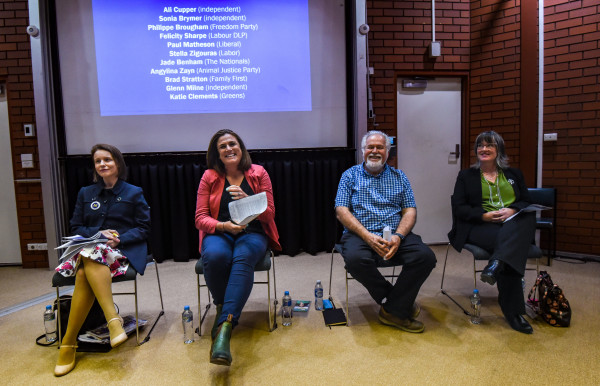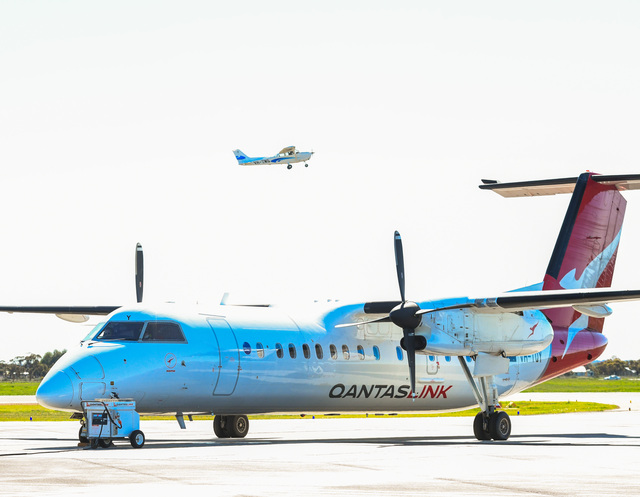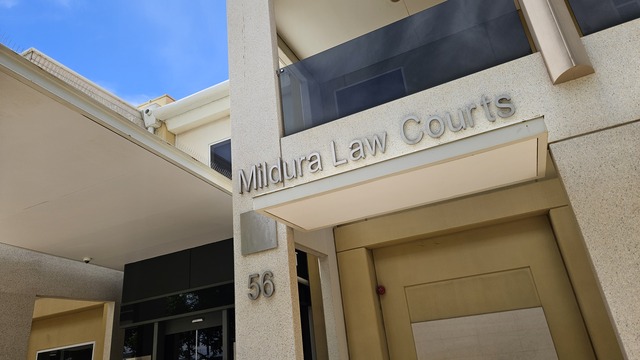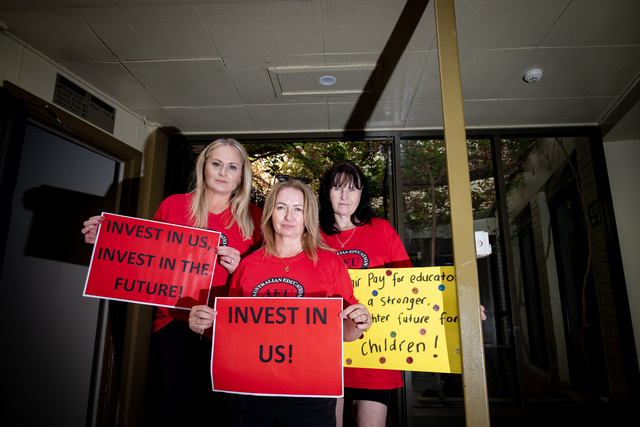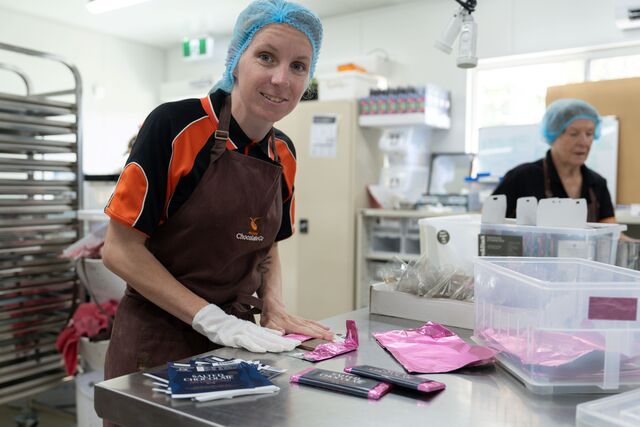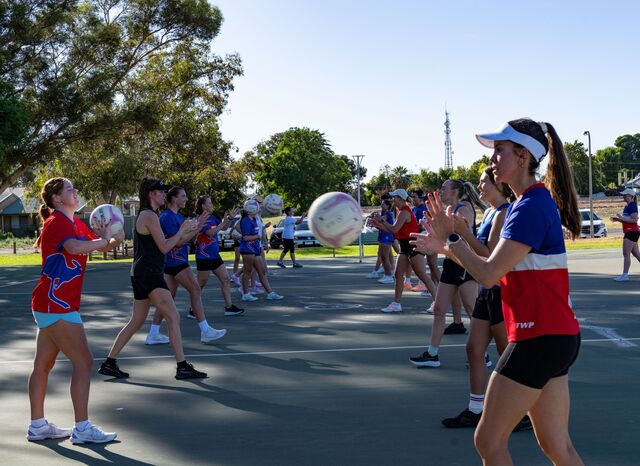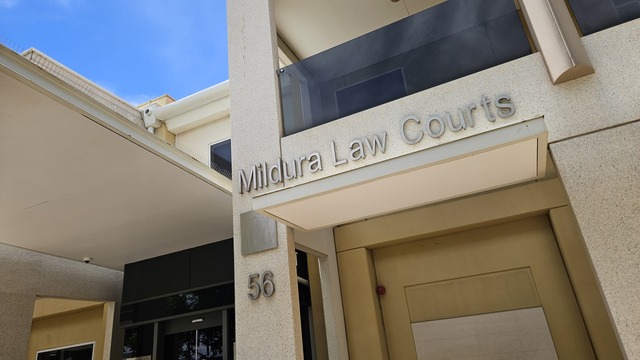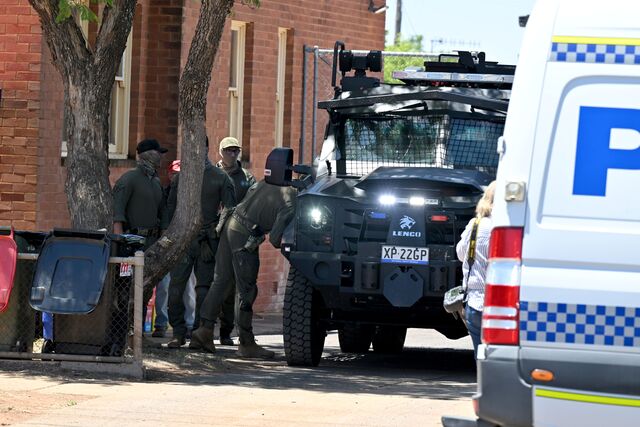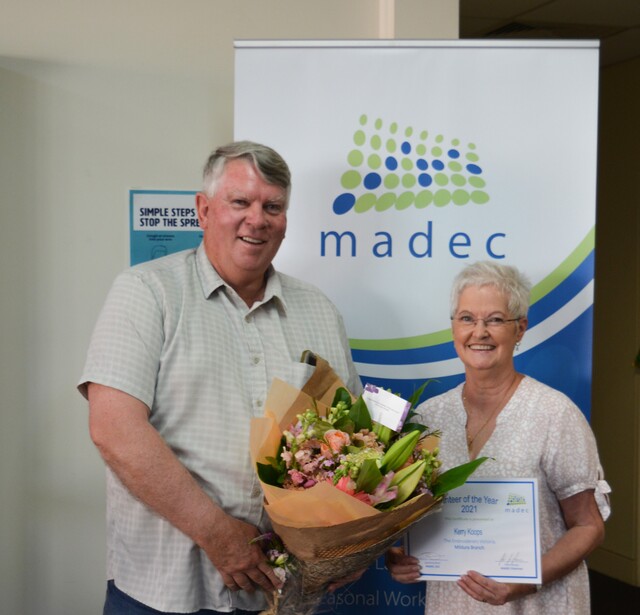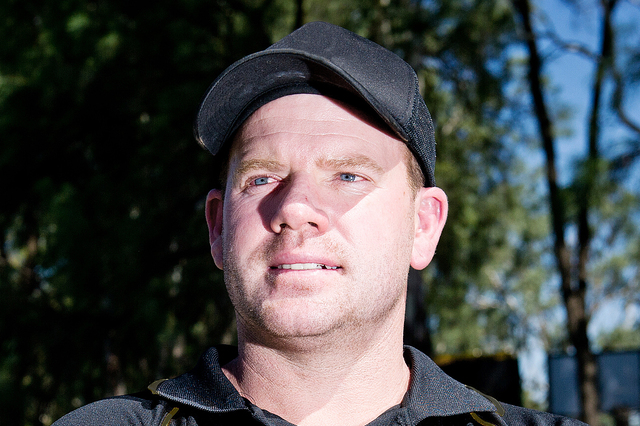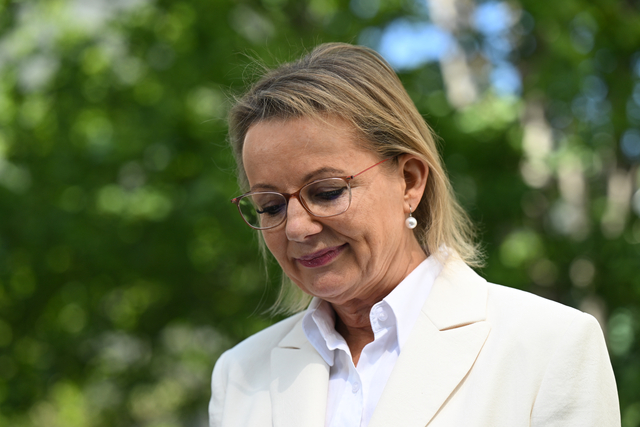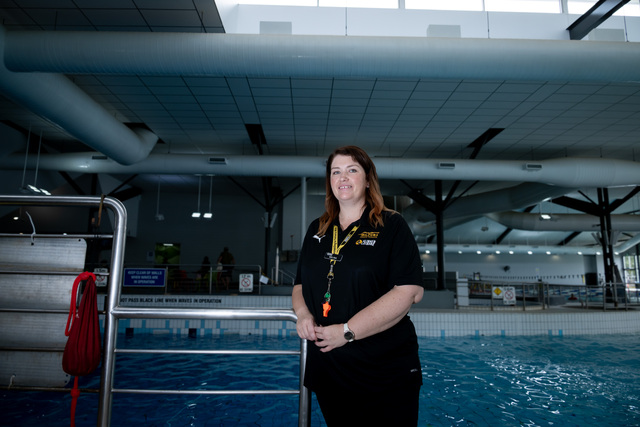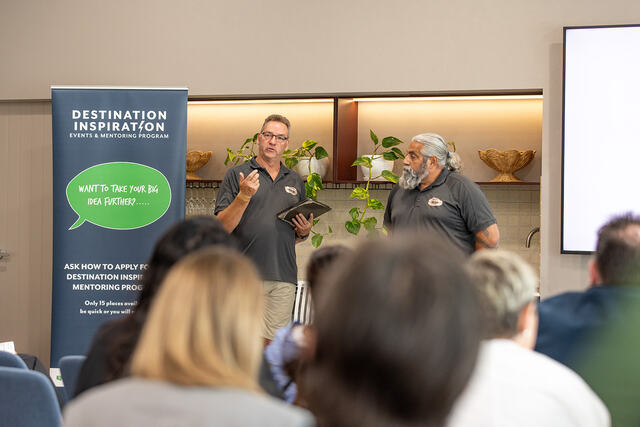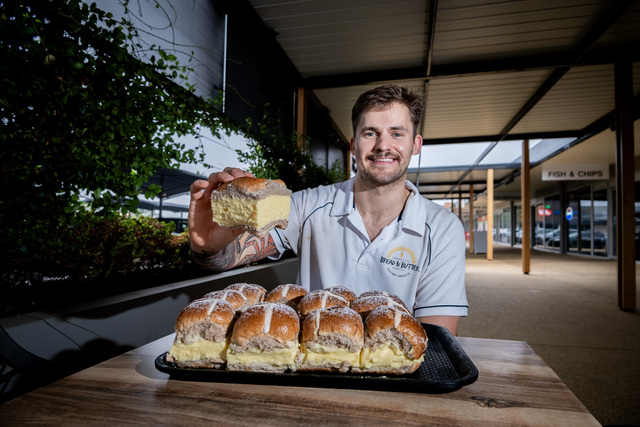AT 10.32pm on election night, Ali Cupper went live on Facebook.
“We smashed the primary vote,” the incumbent Mildura MP told viewers, before revealing the kicker.
“The problem is the preferences.
“The preferences absolutely just went sideways and there was a funnel of preferences all over the place straight to the National Party.”
It was a long day, so you could forgive a sense of similarity between this quote and Donald Trump, the night of his election loss, thundering “we were winning everything and all of a sudden it was just called off”.
But while Ms Cupper certainly isn’t denying the election result, or calling on her supporters to storm the Deakin Avenue electorate office, her desire to present an alternative reality on the vote has continued.
Ever since, she has been keen to highlight an imprecise measure of electorate sentiment – first preferences – as opposed to the actual, final verdict delivered by voters.
In her concession post on Facebook, she described The Nationals as “ahead in preferences”.
She emphasised her 34 per cent share of primary votes over the Nats’ 25 per cent and Liberal Party’s 19 per cent. (All that really says is that the Coalition candidates got 10 per cent more than her.)
Preferences are not some strange, unknowable force.
Their distribution tells us, in simple terms, if it were only down to two candidates, who the electorate would choose.
In 2018, Nationals candidate Peter Crisp looked great on first preferences, in part because there was no Liberal or any other conservative party candidate.
But when it was drilled down to just the two of them, more voters preferred Ms Cupper to Mr Crisp.
In 2022, of course Ms Cupper won first preferences, because the field was far more crowded on the conservative side.
But ultimately, that compositional quirk aside, more voters preferred Jade Benham to Ms Cupper.
That’s it, that’s the result.
All parties and candidates are entitled to try and spin outcomes to suit their own agenda, but it’s not the only creative interpretation Ms Cupper is sharing with her social media followers.
“People voted for the National Party for a new hospital and cheap flights. Tick tock. They’re waiting,” was one sweeping assessment she offered.
The Nats promised to deliver these things if elected to government.
Ms Cupper is making the assumption that voters didn’t understand the “if elected to government” part, and maybe that’s true for some, but what if plenty of them did?
Do people who vote for the Greens get upset at unmet promises when their party fails to form government? Or are they happy voting for a party that represents what they’d like to see done?
Voters who wanted investment in the hospital shouldn’t be shamed for using their voice at the ballot box to side with a party expressly in favour of doing that.
Ms Cupper is free to frame things however she likes, of course, but here’s why these creative interpretations should be highlighted.
Already, Ms Cupper has indicated she will contest the seat again in four years.
When that time comes, voters deserve a genuine contest.
Healthy competition can only enhance interest in the seat from key people in Melbourne.
It also means those who are elected get kept on their toes.
But if either side is opting for dodgy maths, skewed logic and flawed conclusions, rather than facing the reality of an election outcome, the electorate is poorer for it.
Ms Cupper lost despite favourable demographic winds in Mildura, thanks to a surge in millennial voters, and the statewide result firmly rejected the Coalition. Clearly, for her to return and be competitive in four years, a realistic postmortem on why that happened is needed.
Yet her first nod to the very voters she needs to win back was to tell them they’ve been hoodwinked.
A better path might be to listen to these voters and work out how she might reconnect with them.
And to not take part in any hoodwinking herself.
Are we back in Labor’s Savage garden?
NOW the election result has been officially declared, attention turns to how Nationals MP Jade Benham navigates the next four years in Opposition.
Many believe it will be hard for her to get wins on the board given Labor’s huge majority.
But the political winds blow in funny directions.
Labor, in a reprisal of its role in the demise of Russell Savage as Mildura’s independent MP, did leave Ali Cupper high and dry towards the end of the last term.
Ms Cupper went into 2022 supremely confident of securing some kind of hospital funding from the government to take to the election.
It never came.
And after Labor in 2018 found a strong candidate (Tony Alessi) and ran local ads, this year they seemed to determined to be a non-factor in the Mildura race.
Voters whacked them with a 6.5 per cent primary vote – their worst ever result in the seat.
A popular independent in the field may skew that figure, but even so two-thirds of the people who voted Labor four years ago deserted them this time.
Notionally, you’d think Labor would be happy with an independent keeping the Coalition out of this seat.
Reality is a bit more complicated, though.
Mr Savage lost his seat to The Nationals after a Labor promise to return the passenger train went unfulfilled and anger boiled over plans for a toxic waste dump in the region.
Did Daniel Andrews decide to turn the tap off for Mildura after the Coalition entered the hospital debate with their own funding announcement? Maybe.
Another theory would be that the federal election changed things.
Mr Andrews seemed happy enough to see country independents looked after for most of his time as Premier.
But when independents helped to unseat the Morrison government in May, emboldening community movements on both sides of politics in suburban areas, the mood might have shifted.
Independents went from being a useful ally in the bush to, at best, a series of pesky challenges to navigate in a range of metro seats, or at worst, an emerging existential threat to his own government.
In that context, a promise to spend many millions upgrading Mildura’s hospital risked being promoted by metro independents as proof their model worked – and used against Labor where it could hurt them.
Who knows if that was what Mr Andrews was actually thinking.
If it was, he got his wish: after three country independents sat in the last Parliament, none will this time.
So let’s not fully write off Ms Benham’s prospects of getting wins from Opposition.
Mildura remains marginal. It has needs in Labor’s hitting zone – health and public transport.
And maybe she has more leverage than we think.

